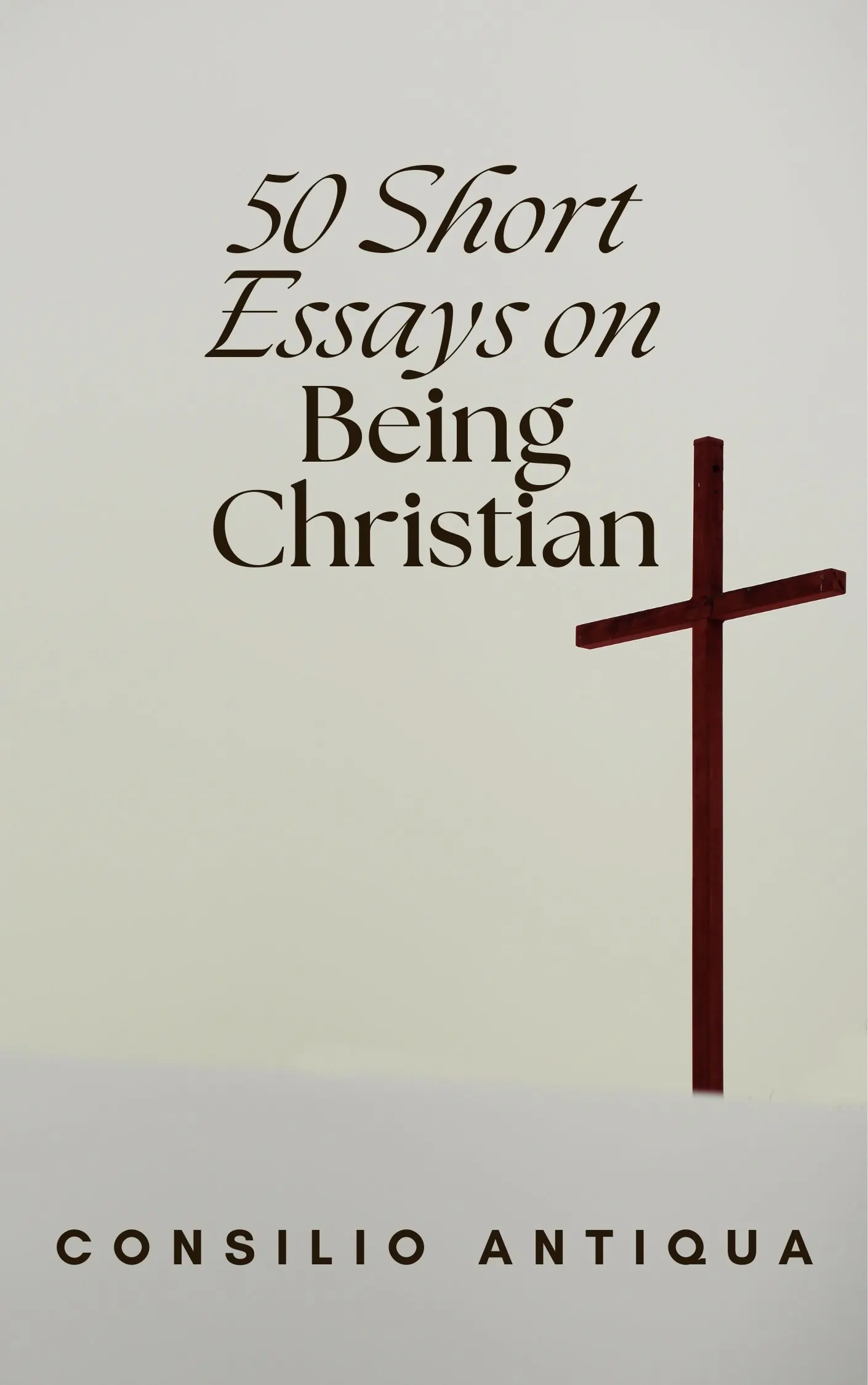
50 Short Essays on Being Christian | Chapter The Concept of Time in Christianity
Chapter The Concept of Time in Christianity
Living in the tension between the 'already' and the 'not yet'
The Garden of Time
The present moment: a paradox. It's the only time we truly have, yet it slips through our fingers like grains of sand. We yearn for the past, a time we believe we understood, and we reach for the future, a time we believe holds the answers. But the present, the now, is all we truly own.
This paradox lies at the heart of Christian time, a time that is both "already" and "not yet."
A garden, planted, nurtured, waiting.
Seeds, buried deep, hold the promise of bloom.
The sun, a constant presence, whispers hope.
But the harvest, a distant dream, still whispers in the wind.
The "already" of Christian time is the experience of God's love and grace, a present reality that shapes our lives. We have been redeemed, forgiven, and chosen. This "already" isn't a static state; it's a dynamic force, a constant presence that guides our steps and colors our understanding of the world. Think of it as the seeds buried in the garden, holding the potential for growth, even while they lie hidden beneath the surface.
The "not yet" of Christian time is the anticipation of God's kingdom, a future reality that draws us forward. We long for justice, peace, and wholeness, a world where the wounds of the past are healed and the promise of the future is fully realized. This "not yet" is not a passive waiting; it's a call to action, a plea to participate in God's work of transformation. It's the hope of the harvest, the promise of abundant life that whispers in the wind.
The Christian journey, then, is not a straightforward path from point A to point B. It's a dance between the "already" and the "not yet," a constant interplay of present grace and future hope. We are called to live with one foot in the past, where we find our identity in God's love, and the other in the future, where we find our purpose in God's work.
The garden, a canvas of change, each day a new story.
Buds unfold, petals unfurl, colors bloom in the sun.
The wind whispers secrets, stories of growth and decay.
Life and death, a constant dance, a testament to the rhythm of time.
This dance can be unsettling, a constant tension between the comforting familiarity of the "already" and the unknown possibilities of the "not yet." It's in this tension, however, that we find true meaning. It's in the "not yet" that we are invited to participate in the divine work of creation and redemption, to become co-creators with God.
The "already" and the "not yet" are not separate moments in time; they are interwoven threads in the fabric of our existence. They are two sides of the same coin, two perspectives on the same reality.
So, how do we live in this garden of time, where the "already" and the "not yet" intertwine? How do we embrace the mystery of the present, knowing that we are both deeply loved and continually becoming?
Perhaps it's in the stillness of the garden, in the quiet awareness of the unfolding present, that we find the answer. Perhaps it's in the humble acceptance of our own limitations, coupled with the courageous pursuit of a future we can only glimpse.
Maybe, just maybe, the answer lies in the act of simply being present, of appreciating the beauty of the present moment, while simultaneously yearning for the promise of the future.
The garden, a place of growth, a sanctuary of hope.
The seeds hold promise, the sun whispers warmth.
The wind carries whispers of a future yet unseen.
But in the present, we find the grace to bloom.
The Christian understanding of time is not about finding a fixed point in the past or projecting a specific outcome for the future. It's about embracing the paradox of the present, living in the tension between the "already" and the "not yet," and finding meaning in the journey itself.
